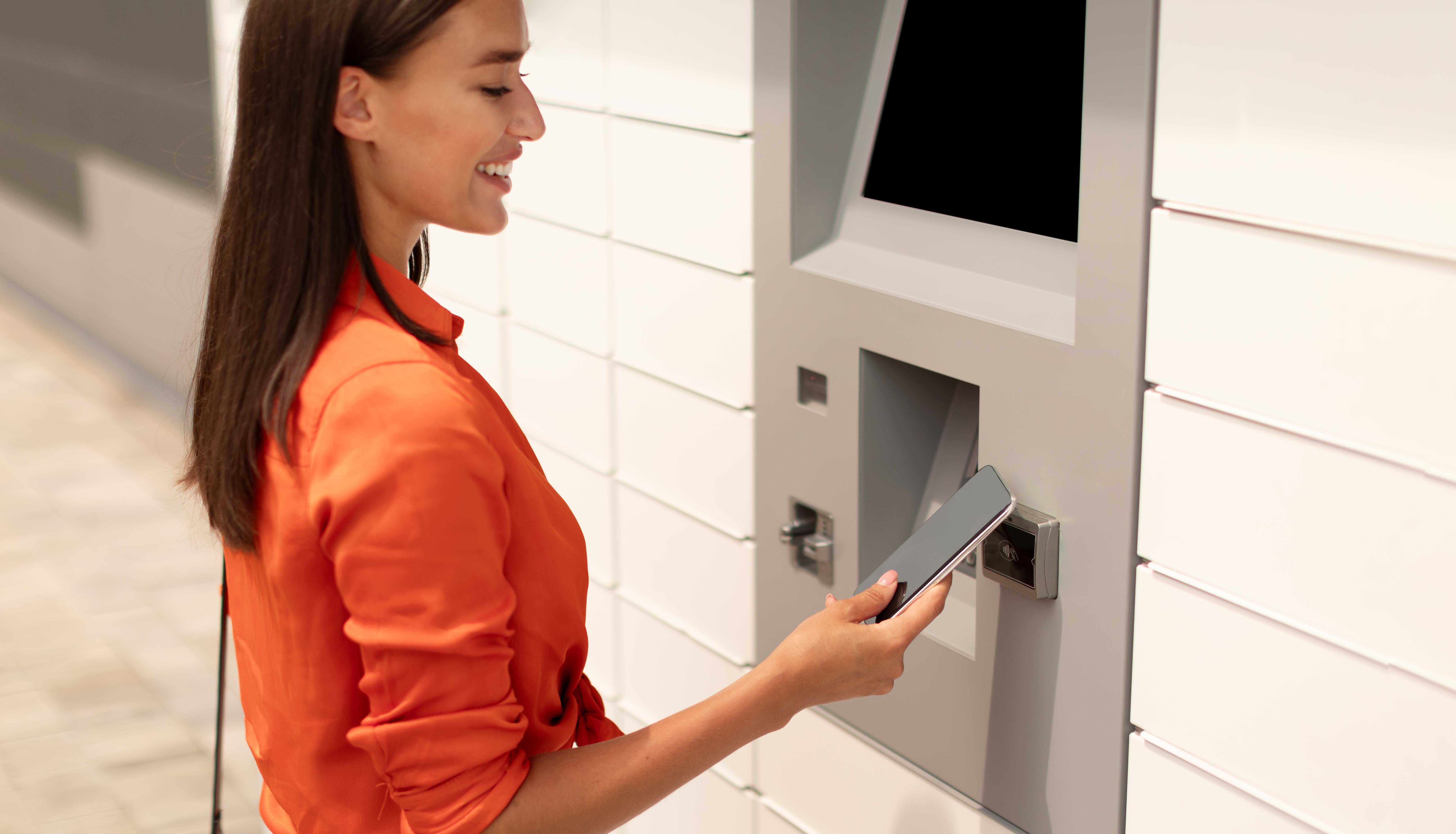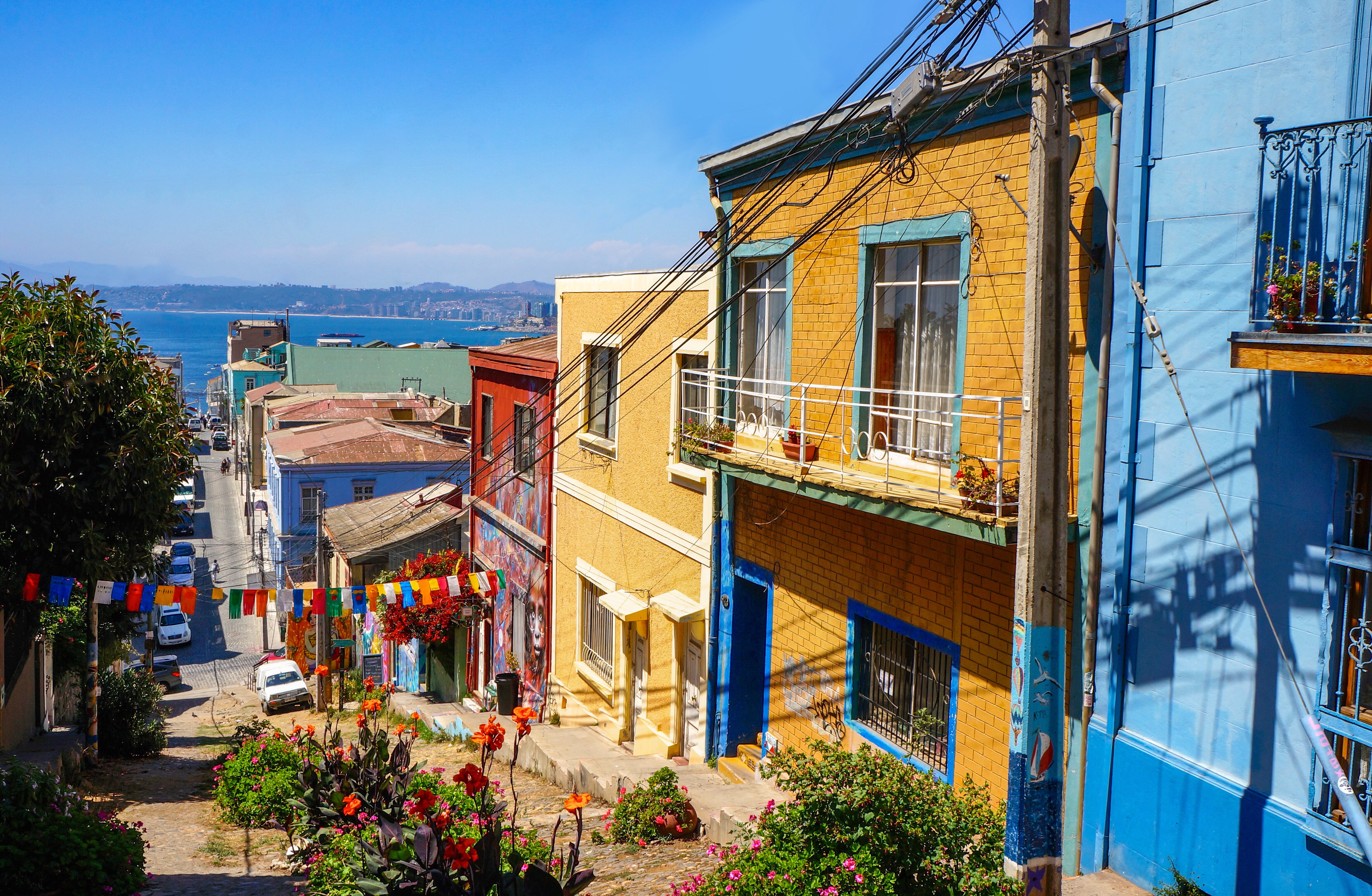32 Common Travel Scams and How to Avoid Them Like a Pro
Traveling promises adventure, connection, and unforgettable moments—but it also puts a target on your back. Whether you’re a first-time flyer or a frequent flier, scammers are ready with polished cons designed to catch you off guard. From charming locals with “gifts” to ATM sleights of hand and fake police shakedowns, modern travel scams are more elaborate—and widespread—than ever. That’s why we’ve expanded our list to 32 of the most common (and cunning) scams you’re likely to encounter around the world. This guide isn’t here to make you paranoid—it’s here to make you prepared. With practical tips and real-world examples, you’ll learn how to recognize the red flags before they cost you time, money, or peace of mind. Because the best trips aren’t just about where you go—they’re about how confidently you get there. So read on, stay sharp, and keep your travels memorable for all the right reasons.
1. The “Friendship Bracelet” Trap
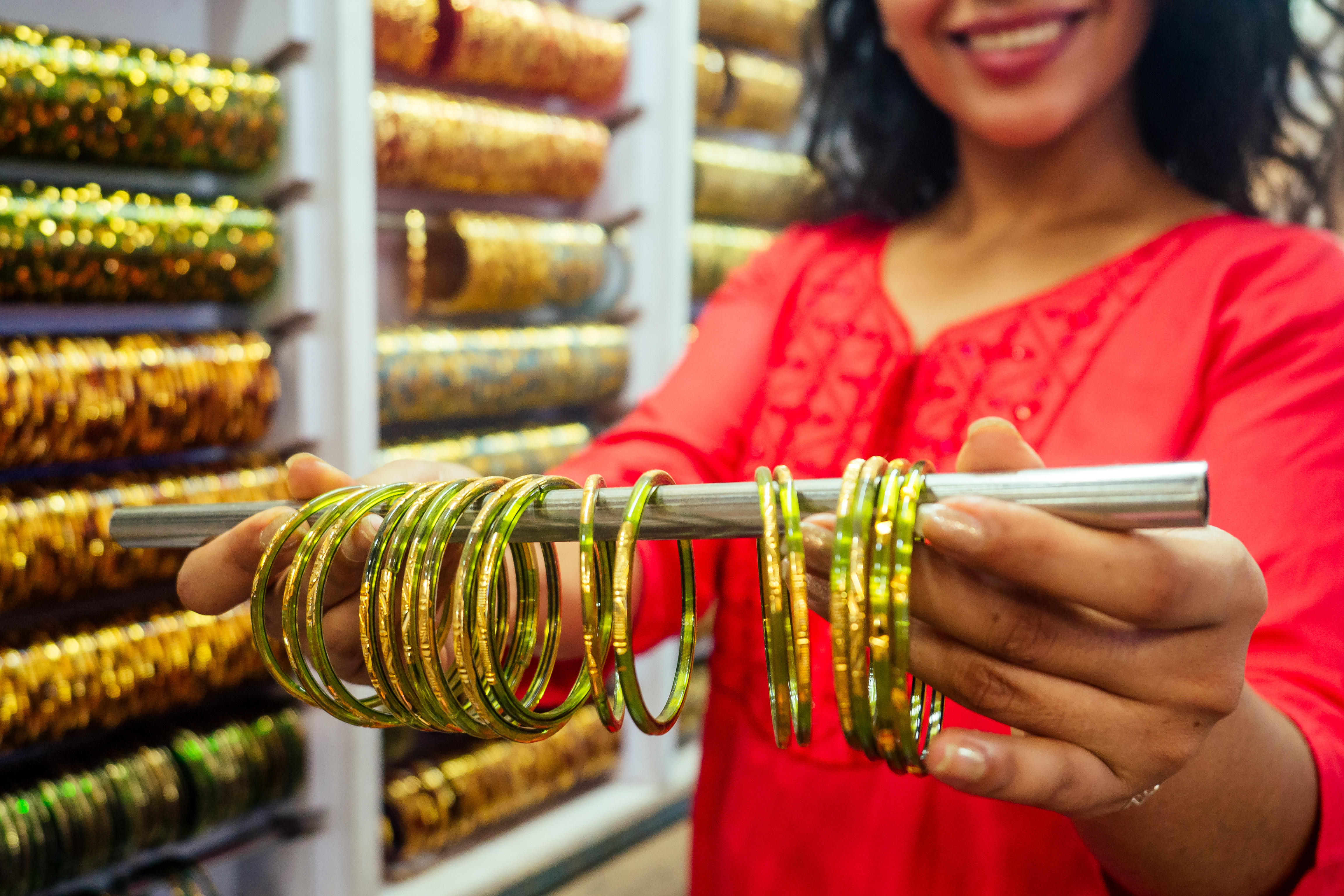
This seemingly innocent scam plays on the kindness of unsuspecting travelers. A friendly local—often appearing cheerful and welcoming—approaches you, offering a small "free gift" like a bracelet, woven charm, or even a small token of "friendship." Before you know it, they’ve tied it onto your wrist, making it difficult to remove without struggling. The moment it’s on, their demeanor changes. They demand money, sometimes aggressively, insisting that you pay for it. If you refuse, they may create a scene, hoping to pressure you into handing over cash to avoid embarrassment. In some cases, while you’re distracted, an accomplice might pickpocket you. How to Avoid It: Keep your hands close to your body, and if someone approaches offering a "gift," firmly decline and keep walking. If they manage to tie something on you, don’t engage—remove it yourself later and walk away confidently. Avoid making eye contact or slowing down in areas where this scam is common.
2. The “Helpful” ATM Assistant

Navigating an unfamiliar ATM can be stressful, and scammers take full advantage of this by offering unsolicited “help.” A stranger, often posing as a bank employee or just a friendly local, will offer assistance, claiming the ATM is tricky to use or warning you about potential card problems. They might suggest you try entering your PIN multiple times, press certain buttons, or even discreetly position themselves to see your PIN as you enter it. In worse cases, they’ll distract you just long enough for an accomplice to grab your cash as it’s dispensed. Some scammers will even use sleight of hand to swap out your card. How to Avoid It: Never accept ATM assistance from strangers, no matter how helpful they seem. Always use ATMs inside banks, shopping malls, or well-lit, secure areas. Cover your PIN when entering it, and if an ATM appears suspicious, find another one. If someone is hovering too close, cancel your transaction and walk away.
3. The Fake Petitions & Donations Scam

You're strolling through a bustling city when a young woman or a child rushes up to you, holding a clipboard and a pen. They claim to be collecting signatures for a noble cause—often something emotionally compelling, like helping the disabled, environmental protection, or supporting children in need. Their friendly approach and seemingly legitimate paperwork make it feel safe to sign. But as soon as you do, they demand a donation, sometimes getting aggressive if you refuse. In the worst cases, while you’re distracted signing, an accomplice is quietly pickpocketing you. How to Avoid It: If someone approaches you with a clipboard, firmly but politely say, “No, thank you,” and keep walking. Avoid engaging, as these scammers rely on friendly interaction to rope you in. If someone blocks your path or tries to pressure you, step aside and walk away quickly. Never hand over money without verifying the legitimacy of a charity or organization first.
4. The Broken Taxi Meter Trick

This scam preys on travelers unfamiliar with local taxi fares. After getting in the cab, the driver casually informs you that the meter is “broken” or that it’s an “old model” and doesn’t work properly. Instead of the standard rate, they charge you a highly inflated fare, often two or three times the normal price. In some cases, drivers will deliberately take the longest route possible, racking up a massive fare before dropping you off. This trick is especially common at airports, train stations, and tourist-heavy areas where travelers are unlikely to know the usual prices. How to Avoid It: Before getting into any taxi, confirm that the meter is working and ask for an estimate of the fare. If the driver refuses, get out and find another cab. Research standard taxi fares beforehand and use rideshare apps like Uber or Bolt whenever possible, as they provide set fares. If taxis are the only option, consider asking your hotel or a local for advice on what you should expect to pay.
5. The Free Food or Drink Scam

This scam is particularly dangerous because it can have serious consequences beyond just losing money. A friendly stranger—often in a bar, restaurant, or bustling market—approaches and offers you a drink, a snack, or even a free sample of something local. If you accept, you may later be hit with an outrageous bill for something you thought was free. In bars, the “friendly” stranger may disappear, leaving you responsible for their expensive tab. In more sinister cases, the drink may be spiked, leading to theft or worse. How to Avoid It: Never accept unsolicited food or drinks from strangers, no matter how friendly they seem. If someone offers to buy you a drink, insist on watching the bartender pour it. In markets or restaurants, clarify the price before accepting anything—even a small sample. If someone pressures you into accepting a "gift," politely but firmly decline and walk away.
6. The “Your Hotel Is Closed” Scam
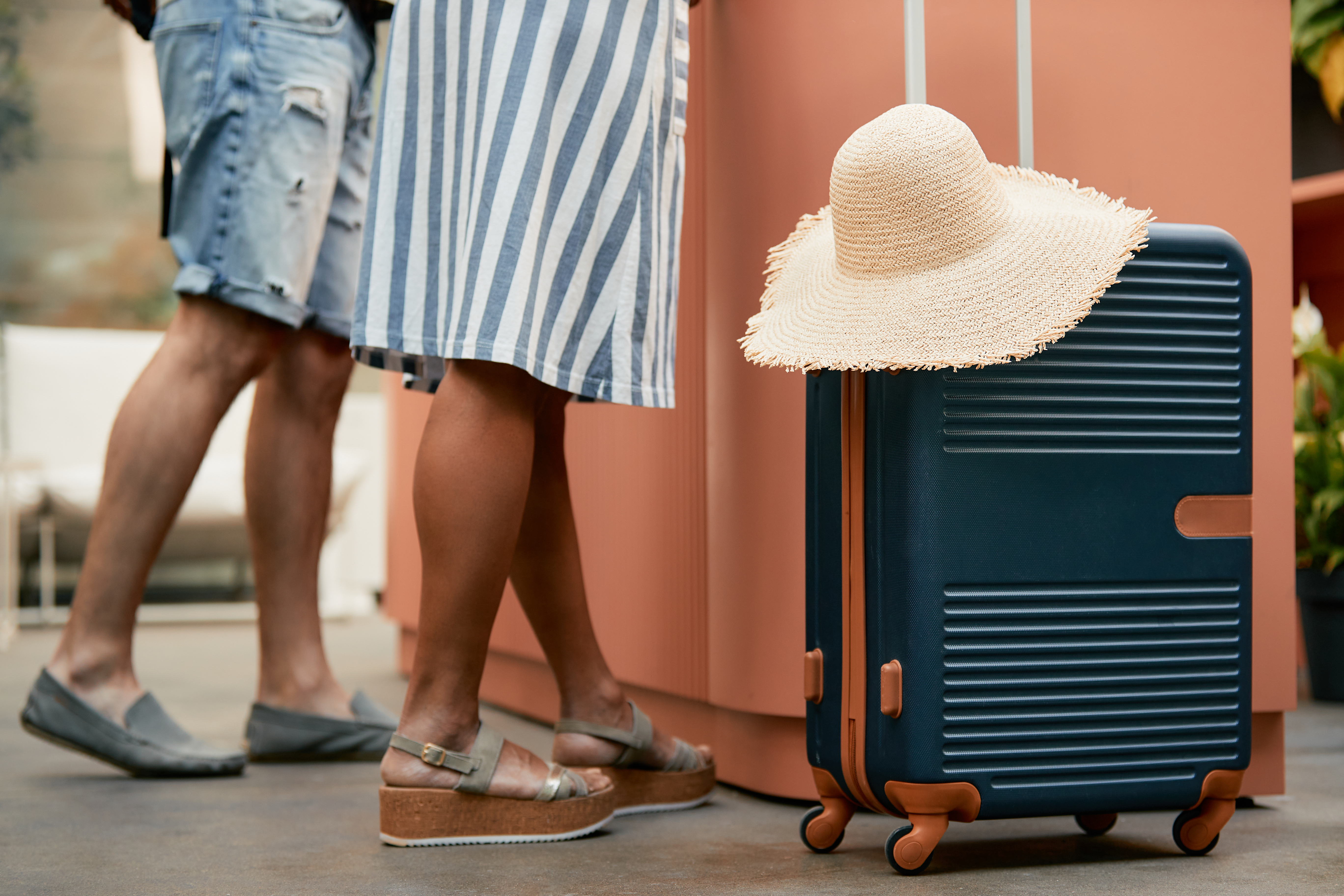
You’ve just arrived in a new city, and your taxi or tuk-tuk driver strikes up a conversation. A few minutes in, they suddenly "inform" you that your hotel is closed, fully booked, under renovation, or even unsafe. Conveniently, they know a "much better" place—one they promise has availability, great rates, and is just around the corner. If you agree, you'll likely be taken to a subpar, overpriced hotel where the driver earns a hefty commission for bringing in guests. Worse, some travelers report being dropped off at a completely different hotel with a similar-sounding name, tricking them into believing their original booking was canceled. How to Avoid It: Never take a driver’s word for it. Call your hotel directly or check online before making any decisions. If your driver refuses to take you to your original booking, insist firmly or get out and find another taxi. If possible, arrange a hotel pickup in advance to avoid needing to rely on random drivers.
7. The Fake Police Officer Scam

You’re walking down a busy street when someone posing as a plainclothes police officer approaches. They flash a fake badge and claim you’ve committed an offense—perhaps jaywalking, loitering, or carrying counterfeit money. To "resolve" the issue quickly, they demand an on-the-spot fine. These scams often occur near ATMs, where the fake officer may pressure you into withdrawing cash to pay the bogus fine. In more elaborate versions, an accomplice posing as a fellow traveler confirms the officer’s legitimacy, making it seem more believable. How to Avoid It: Always ask for proper identification and remain calm. Real police officers don’t demand instant cash payments. Say you’ll pay at the nearest police station instead. If they resist or become aggressive, walk toward a crowded area, hotel, or embassy. If necessary, call the local police department yourself to verify their legitimacy. Genuine officers will have no issue with this request, but scammers will likely back off.
8. The Overpriced Currency Exchange
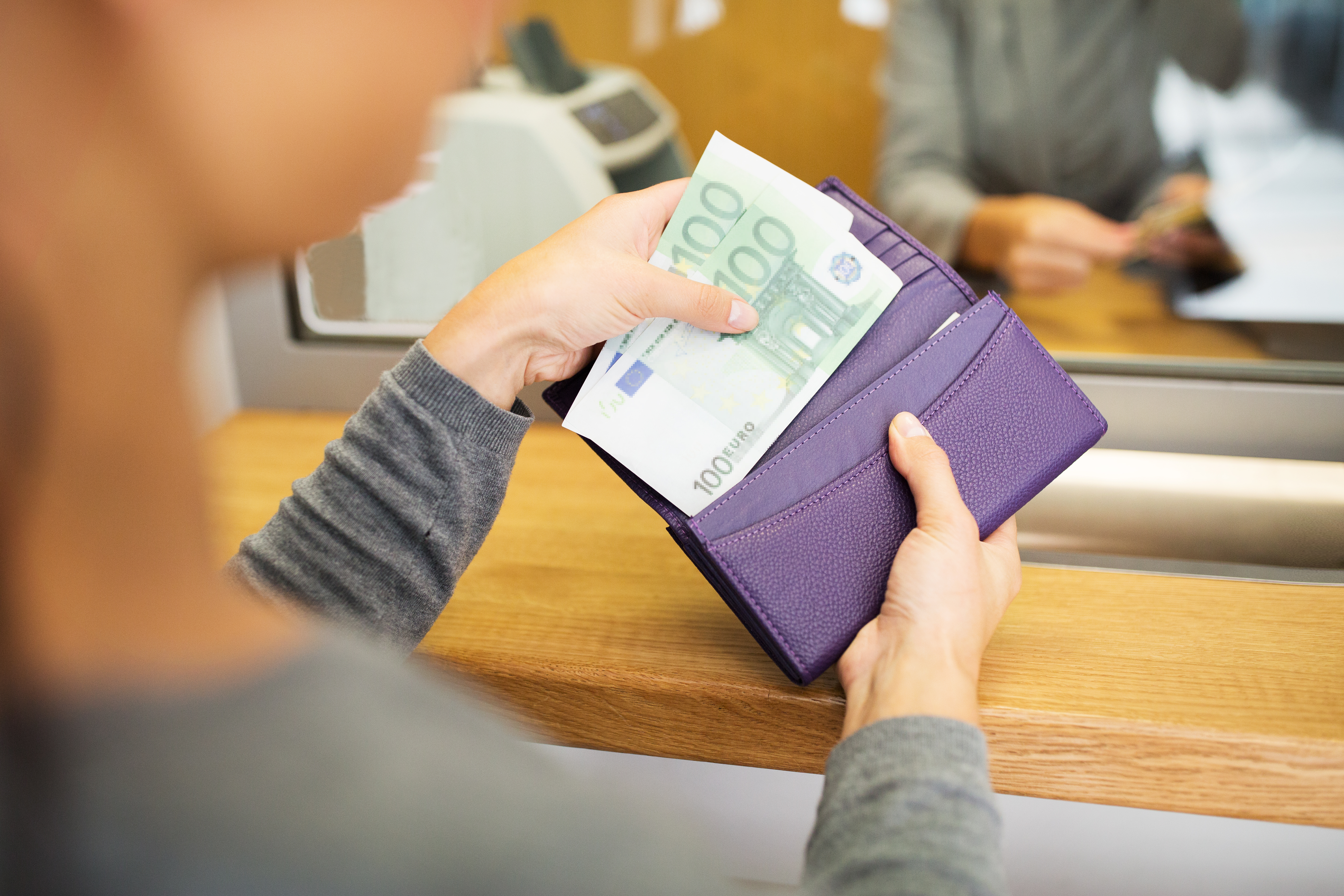
You find a small exchange booth with a flashy sign offering "the best rates in town." It seems like a great deal—until you realize you've been shortchanged, given fake bills, or hit with hidden fees. Some scammers use sleight of hand to swap high-denomination bills for lower ones, then claim you gave them the wrong amount. Others might distract you mid-transaction, counting out the cash in a confusing way so you don’t realize you're getting less than you should. How to Avoid It: Always exchange money at banks, airport exchange counters, or reputable currency exchange offices. Avoid street exchangers or booths with suspiciously good rates. If using an ATM, choose one inside a bank or shopping center rather than a random street machine. Always count your cash before leaving the counter, and familiarize yourself with the local currency to spot counterfeit bills. When in doubt, use a credit card for major purchases to minimize cash handling.
9. The "Closed Attraction" Scam

You’re excited to visit a famous temple, museum, or landmark, but just as you arrive, a friendly local approaches, telling you it's closed for the day due to a "special event," "private tour," or "renovation." They seem helpful, offering to guide you to an alternative attraction—or more often, a souvenir shop, market, or expensive tour where they earn a commission. In some cases, they’ll even suggest an overpriced tuk-tuk or taxi ride to take you somewhere else, pocketing a cut of the fare. How to Avoid It: Never take a stranger’s word that an attraction is closed. Always check the official website, Google reviews, or ask security staff at the entrance. If an attraction is genuinely closed, staff will provide clear information, not a random person on the street. Politely decline any alternative offers and continue with your plans. If you need directions or alternative activities, ask a hotel concierge or visit a local tourist information center instead.
10. The Overpriced Market Scam

Markets and street vendors are fantastic places to pick up unique souvenirs, sample local flavors, and immerse yourself in the culture. However, they can also be hotspots for price-gouging. Vendors in tourist-heavy areas often inflate prices dramatically, banking on travelers who don’t know the real value of an item. A common trick is claiming something is “handmade,” “antique,” or “one of a kind” when it’s actually mass-produced or sourced cheaply. In some cases, vendors use high-pressure tactics, making you feel obligated to buy after asking the price. How to Avoid It: Research local pricing before shopping—travel forums, local blogs, and guides often give price ranges for common souvenirs. If you see the same item in multiple stalls, it’s likely mass-produced, so negotiate with confidence. Haggling is expected in many cultures—start by offering half the asking price and negotiate up. If a deal doesn’t feel fair, politely decline and walk away—chances are, the vendor will call you back with a better offer.
11. The Fake Wi-Fi Hub Scam

Finding free Wi-Fi while traveling feels like striking gold, but hackers know this too. Fraudulent public Wi-Fi networks—often named something innocuous like “Free Airport Wi-Fi” or “Guest Café Network”—are created by cybercriminals to steal your personal data. Once connected, they can monitor everything you type, including login credentials, credit card details, and private messages. Worse, some fake networks can install malware onto your device without you realizing it, allowing scammers to access your accounts long after you’ve disconnected. How to Avoid It: Always use Wi-Fi from reputable sources—hotels, cafés, and official airport networks. If you must use public Wi-Fi, never access sensitive accounts like online banking or emails. Using a Virtual Private Network (VPN) adds an extra layer of security by encrypting your data. When in doubt, stick to mobile data or invest in an international SIM card to avoid needing sketchy Wi-Fi in the first place.
12. The Rental Damage Scam
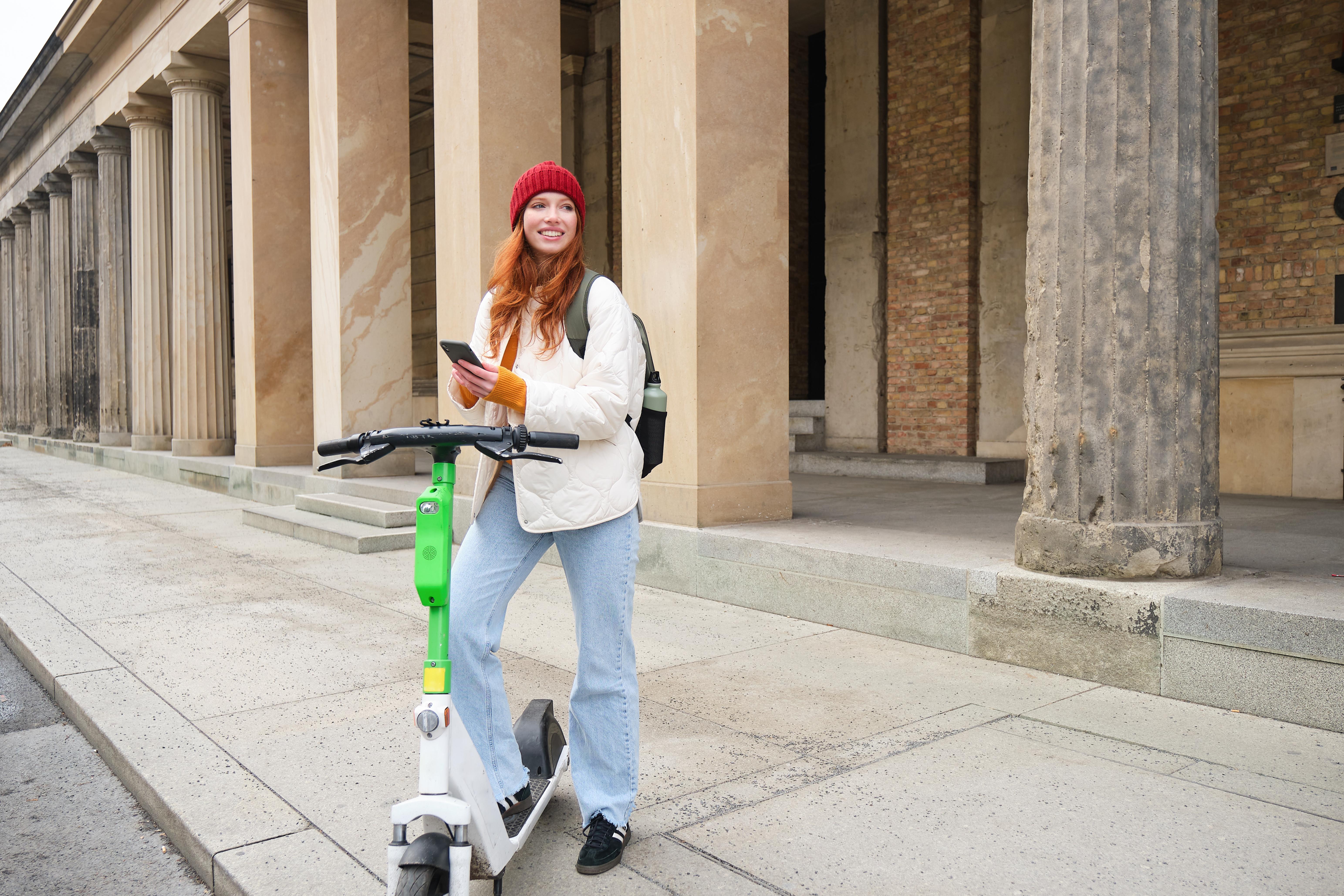
You rent a scooter, bike, or car, enjoy a fantastic day exploring, and return it without issue—only to be hit with a huge bill for "damages" you supposedly caused. Rental companies, especially in high-tourism areas, sometimes falsely claim scratches, dents, or mechanical problems that were already there, pocketing your cash as a fraudulent repair fee. Some even take your passport as a security deposit and refuse to return it until you pay up. How to Avoid It: Before renting, take a full set of timestamped photos and videos of the vehicle from every angle, including existing scratches, dents, and even the tires. Show these to the rental agent and, if possible, have them sign off on the vehicle's condition before you leave. Avoid places that insist on holding your passport—offer a photocopy or another form of deposit instead. If something feels off, trust your gut and rent elsewhere.
13. The Fake "Found" Ring Scam

You're strolling through a beautiful European city when someone suddenly bends down, picks up a gold-looking ring, and asks, “Did you drop this?” You say no, but they insist you keep it, saying it’s lucky or that they can’t wear it due to religious reasons. Moments later, they demand payment for their “kindness” or tell you they need money for food. If you refuse, they may create a scene to pressure you into paying. How to Avoid It: If a stranger tries to hand you a found object, politely but firmly decline and walk away. Never accept random gifts from people on the street.
14. The Bus Station “Bag Helper” Scam
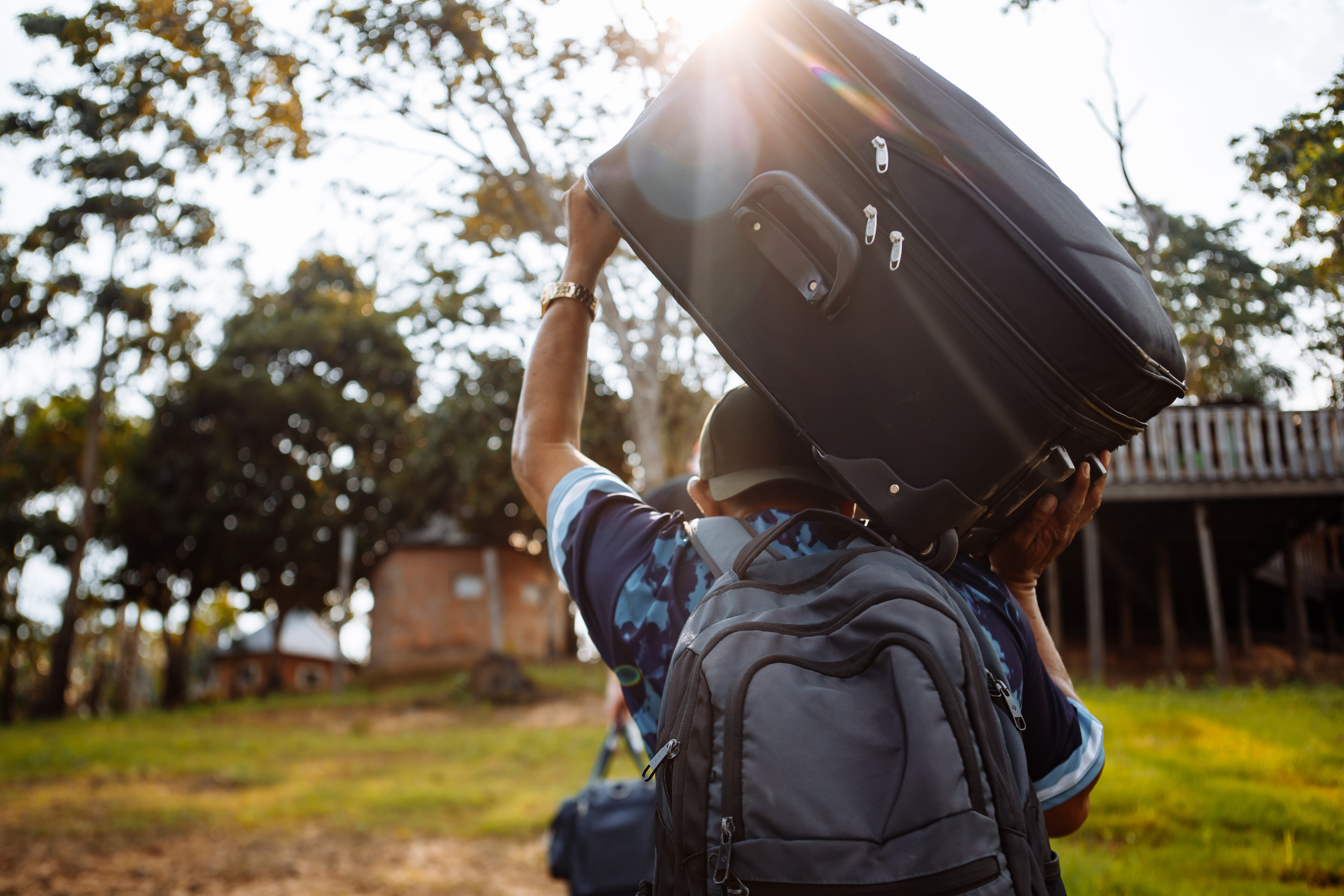
At crowded bus or train stations, a seemingly helpful local offers to assist with your heavy luggage. As you fumble for a ticket or fare, they suddenly demand a tip for their service—or worse, they run off with your bag! Some will insist they work for the station, misleading tourists into thinking tipping is mandatory. How to Avoid It: Never let go of your bags unless you're handing them to an official employee. If someone tries to grab your luggage, hold on tightly and say “No, thank you” in the local language.
15. The Fake Tour Guide Scam

In tourist-heavy cities, fake tour guides pose as licensed professionals, offering “discounted” or “last-minute” walking tours. Once the tour begins, they demand extra fees, take you to overpriced souvenir shops, or even lead you into an area where their accomplices are waiting to rob you. How to Avoid It: Only book tours through reputable travel agencies, your hotel, or well-reviewed websites. If someone approaches you on the street, verify their credentials before agreeing to anything.
16. The Fake "Hotel Survey" Call

A scammer, posing as a hotel receptionist, calls your room late at night claiming they need to “verify your credit card details” due to a system error. If you provide your card number, you’ll find fraudulent charges on your account. How to Avoid It: Never give sensitive information over the phone. Hang up and call the front desk directly to verify any request.
17. The Gas Station “Distraction” Scam

You're filling up at a self-service gas station, and a friendly local taps on your window to point out a "problem"—like a leak or a suspicious mark on your car. While you step out to check, their accomplice sneaks into the car and grabs your wallet, phone, or bags. How to Avoid It: Keep your doors locked, and don’t step away from your car if a stranger tries to distract you. If you need to check something, do so after locking all valuables inside.
18. The Counterfeit Money Scam
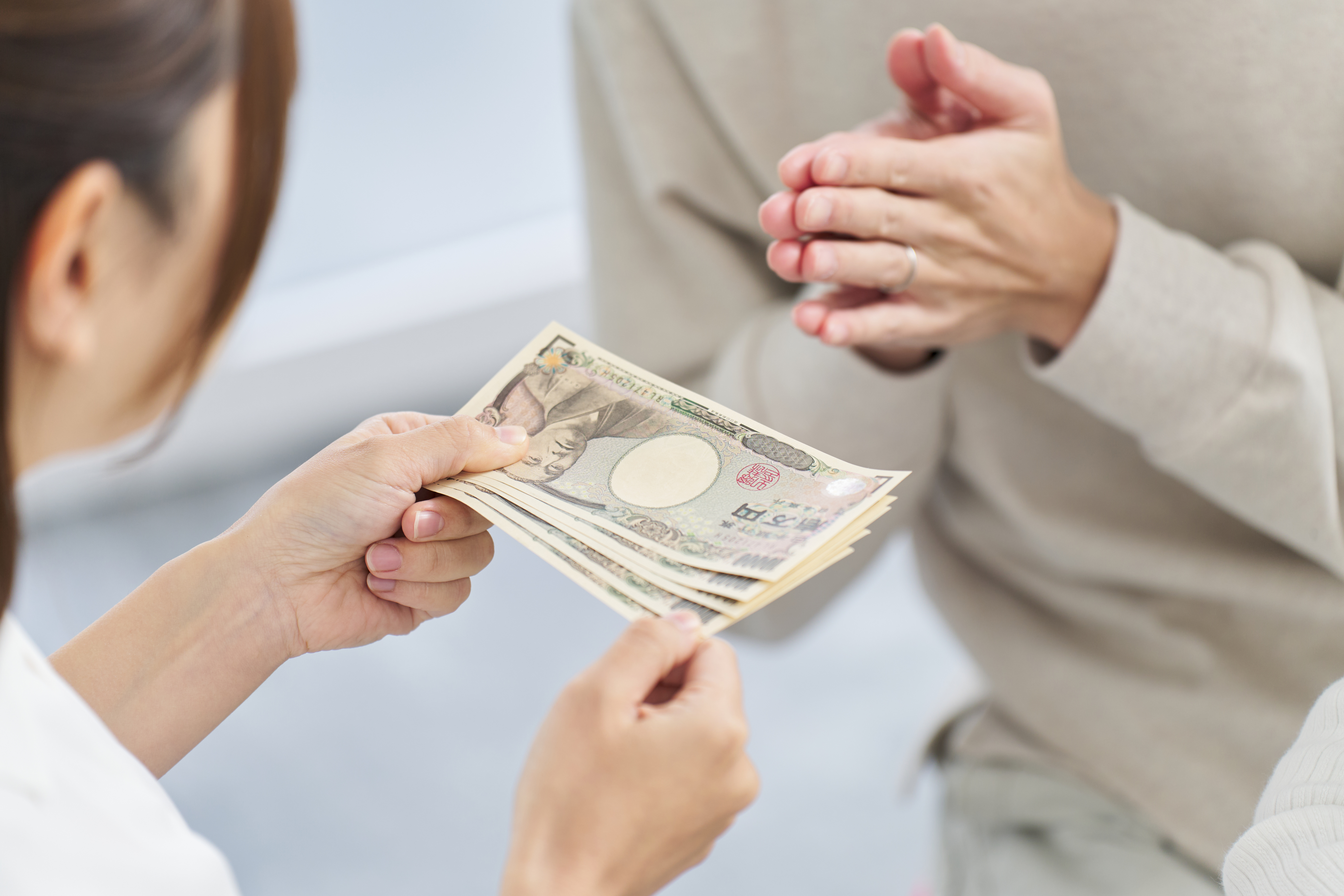
You hand a taxi driver, market vendor, or street vendor a large bill, and they quickly swap it for a fake one—or a lower-value bill—insisting you gave them the wrong amount. Tourists unfamiliar with the local currency often fall for this, assuming they made a mistake. How to Avoid It: Always double-check your cash before handing it over and count your change carefully. Learn the look and feel of the local currency before arriving.
19. The Rental Gear Scam (Surfboards, Jet Skis, Bikes)

You rent a bike, jet ski, or surfboard for a day of fun, but when you return it, the vendor accuses you of damaging the equipment and demands an outrageous repair fee. Some rental shops even tamper with vehicles so they conveniently "break" during your rental. How to Avoid It: Take photos of any rental before use, noting pre-existing scratches or dents. Use reputable rental services, even if they cost a little more.
20. The "Bumped Into" Pickpocket Scam
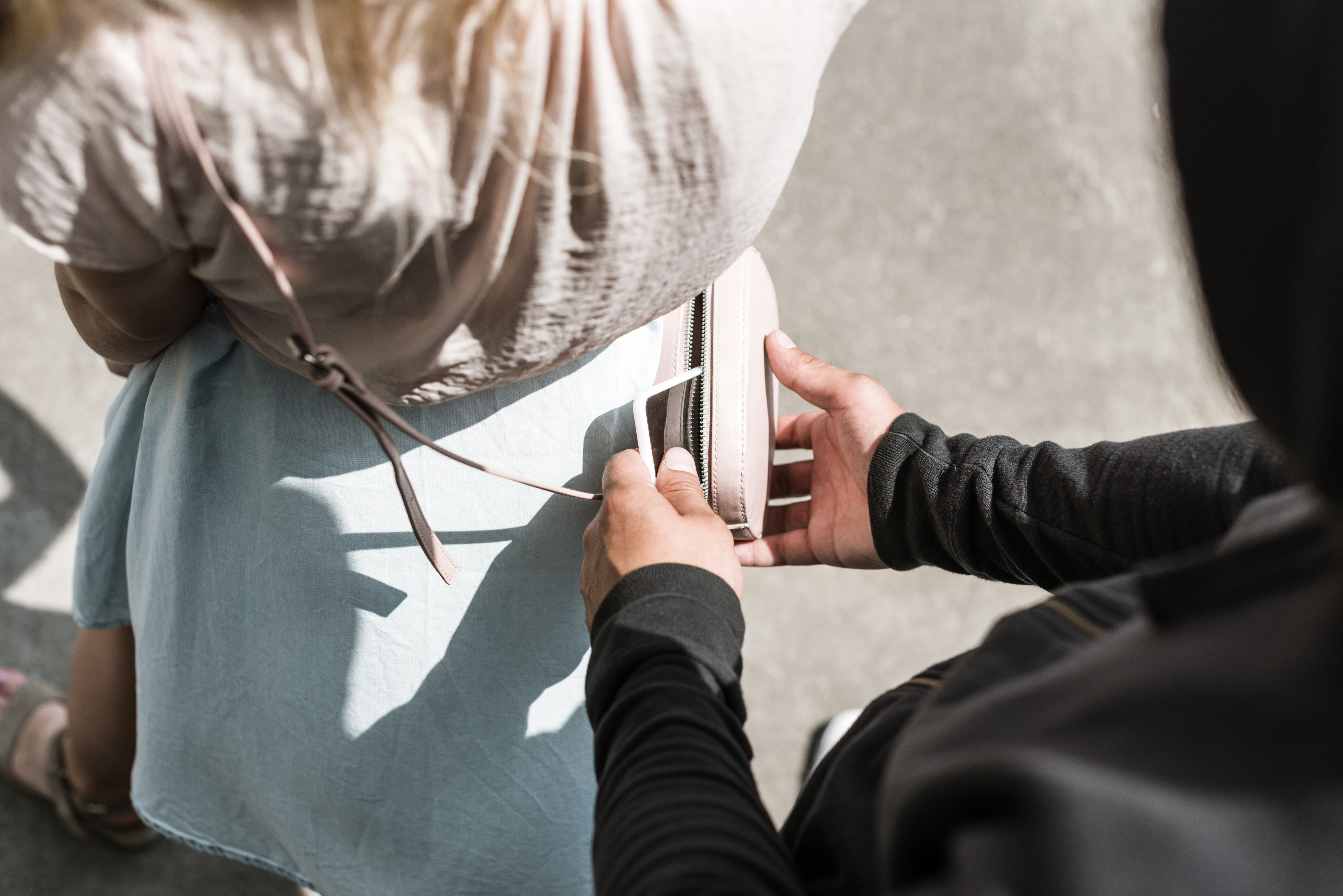
A well-dressed person "accidentally" bumps into you in a busy area, spilling their coffee or dropping a bag. While you apologize or help, their accomplice pickpockets you. In some cases, the "victim" will even accuse you of spilling something on them, causing confusion while another person snatches your wallet or phone. How to Avoid It: Keep your valuables secured in a cross-body bag, preferably with anti-theft zippers. If someone bumps into you, immediately check your pockets.
21. The Fake Temple “Blessing” Scam

At temples and religious sites, a seemingly kind monk or spiritual figure offers you a blessing, bracelet, or token for good luck. After the ritual, they demand payment—sometimes aggressively. If you refuse, they may guilt-trip you into donating. How to Avoid It: If you’re approached for a blessing, politely decline. Donate only at official donation boxes inside temples.
22. The Fake Photography Scam

A friendly local offers to take a photo of you in front of a famous landmark, but instead of handing the camera back, they run off with it. In another version, a scammer offers to pose for a photo in a cultural costume and later demands money. How to Avoid It: Always ask a fellow tourist or a hotel staff member to take your photo instead of a stranger.
23. The Wi-Fi “Password Swap” Scam
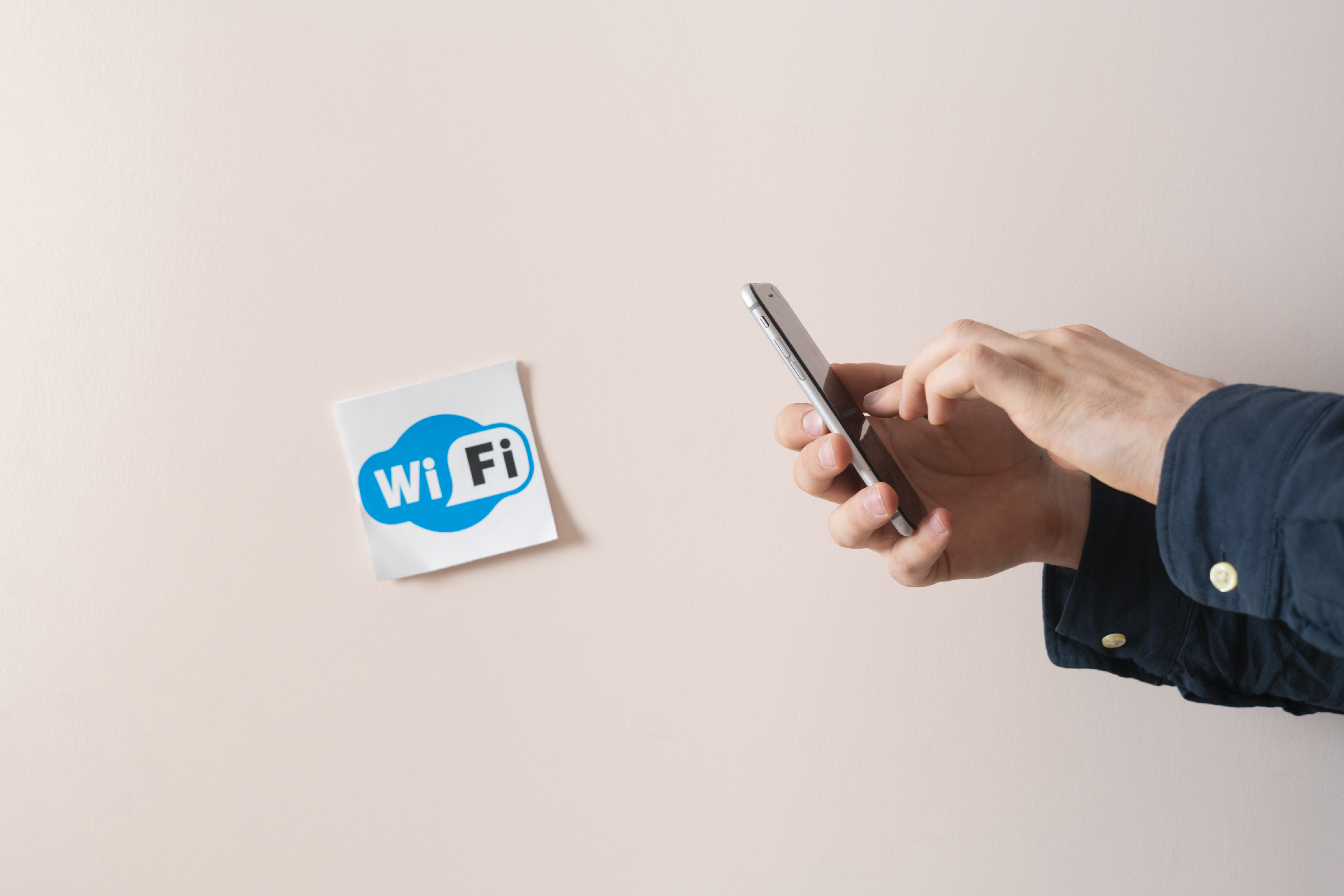
At cafés or hotels, a seemingly helpful local offers you the Wi-Fi password—but it’s actually a phishing attempt. They hand you a card or show a QR code that redirects to a fake login page designed to steal your data. Some versions even mimic hotel-branded portals perfectly. How to Avoid It: Only use Wi-Fi credentials provided directly by the staff. Avoid scanning QR codes from strangers or connecting to networks without clear authentication.
24. The Bogus Currency Calculator
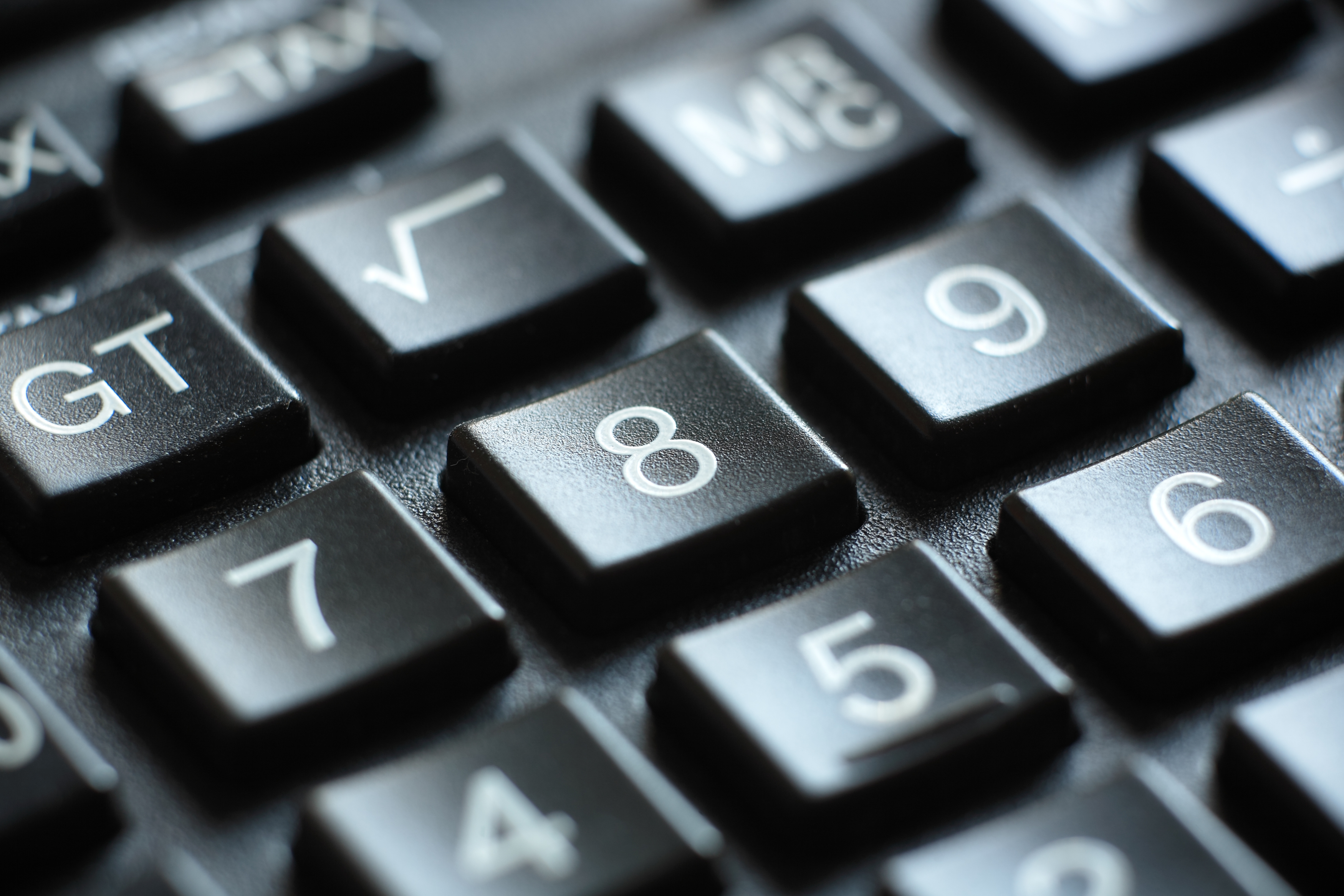
You hand over local cash and ask for a quick conversion. The vendor—or even a tour guide—uses a calculator app to show you the price in your currency… but they’ve rigged the app or tampered with exchange rates. You end up paying far more than expected. How to Avoid It: Use your own phone’s currency converter. If something seems steep, walk away. Having a rough idea of the conversion rate beforehand can prevent quick-decision traps.
25. The Wrong Change Shuffle

In busy markets or food stalls, vendors may take advantage of tourists unfamiliar with coins and notes. They count your change slowly or shuffle bills while talking, slipping in a lower denomination or shorting you entirely. How to Avoid It: Count your change out loud, and don’t let yourself be rushed. If possible, pay with exact amounts or use small bills to avoid confusion.
26. The Dual Menu Pricing Scam

Some restaurants have two menus—one for locals, one for tourists. The tourist version has higher prices or includes a “service fee” not charged to locals. You won’t notice unless you see someone else’s bill or get suspicious. How to Avoid It: Ask to see the menu before ordering. Compare prices online via review platforms like Google or TripAdvisor. If the bill seems inflated, politely request clarification and itemization.
27. The Charity "Dance Show" Scam
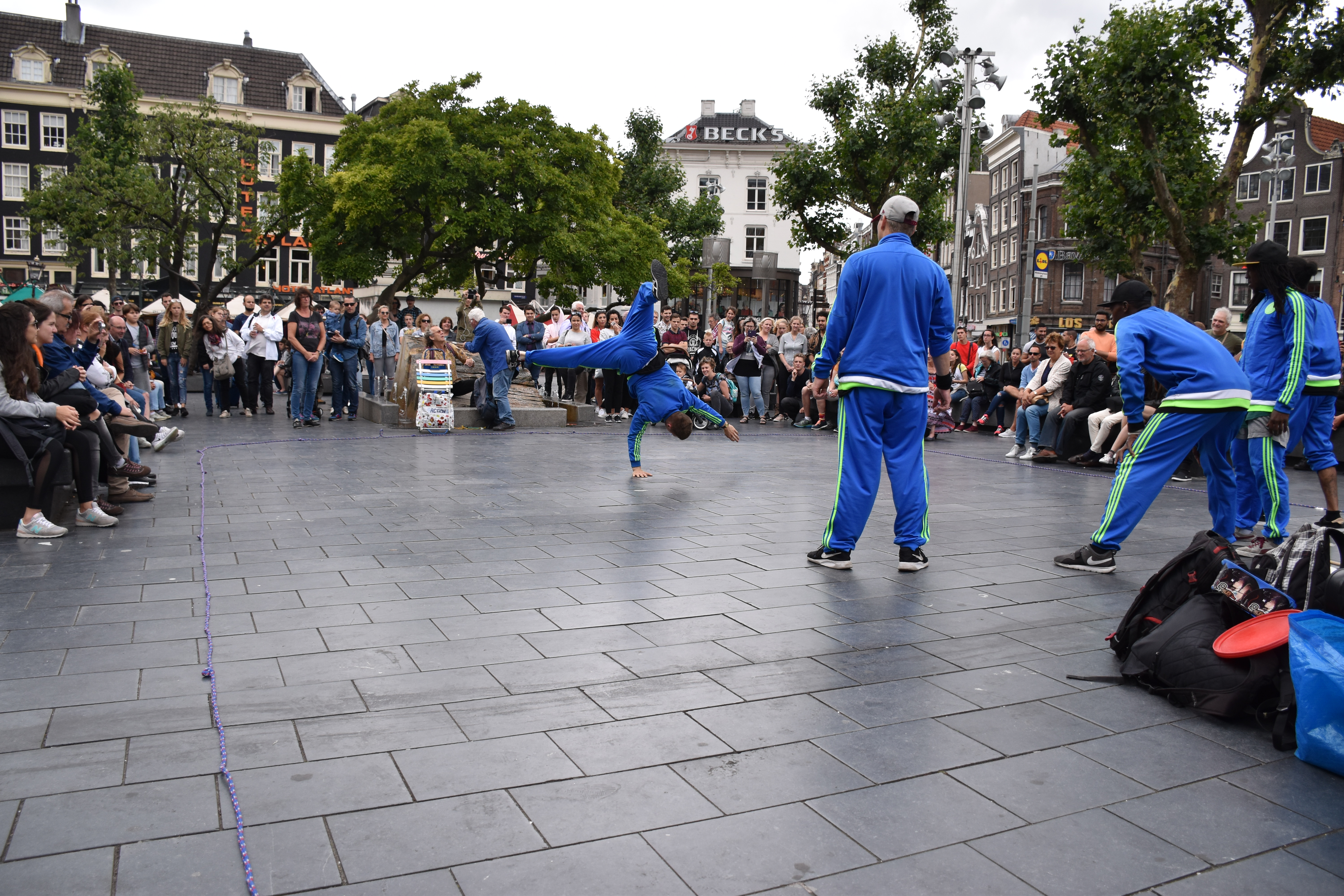
In some busy squares or beaches, street performers gather a crowd and invite you to join in. After the fun, they suddenly demand payment—often with backup from pushy teammates insisting it’s for charity or cultural preservation. How to Avoid It: Enjoy from a distance. If you participate, be aware you’ll likely be expected to tip—and not a small amount. Always ask if something is free before joining in.
28. The Begging Child Guilt Trap

In some regions, gangs exploit children to beg for money, often in coordinated rings. They may tap on car windows, approach while you dine, or follow you on foot. Giving money, while well-intentioned, often perpetuates exploitation. How to Avoid It: Support verified local charities or NGOs instead. If you want to help, donate directly to organizations rather than individuals on the street.
29. The “Free Spa Sample” Scam

In tourist malls or beach resorts, you're offered a free massage or beauty product sample. Once you're seated, the staff upsells aggressively—or worse, locks you into an overpriced service. Some even threaten to call security if you try to leave without paying. How to Avoid It: Avoid walk-in “free” spa offers. Book through your hotel or look for places with clear pricing and verified reviews. If you’re pressured, calmly leave or ask a staff member for help.
30. The Fake Lost Wallet or Phone Drop
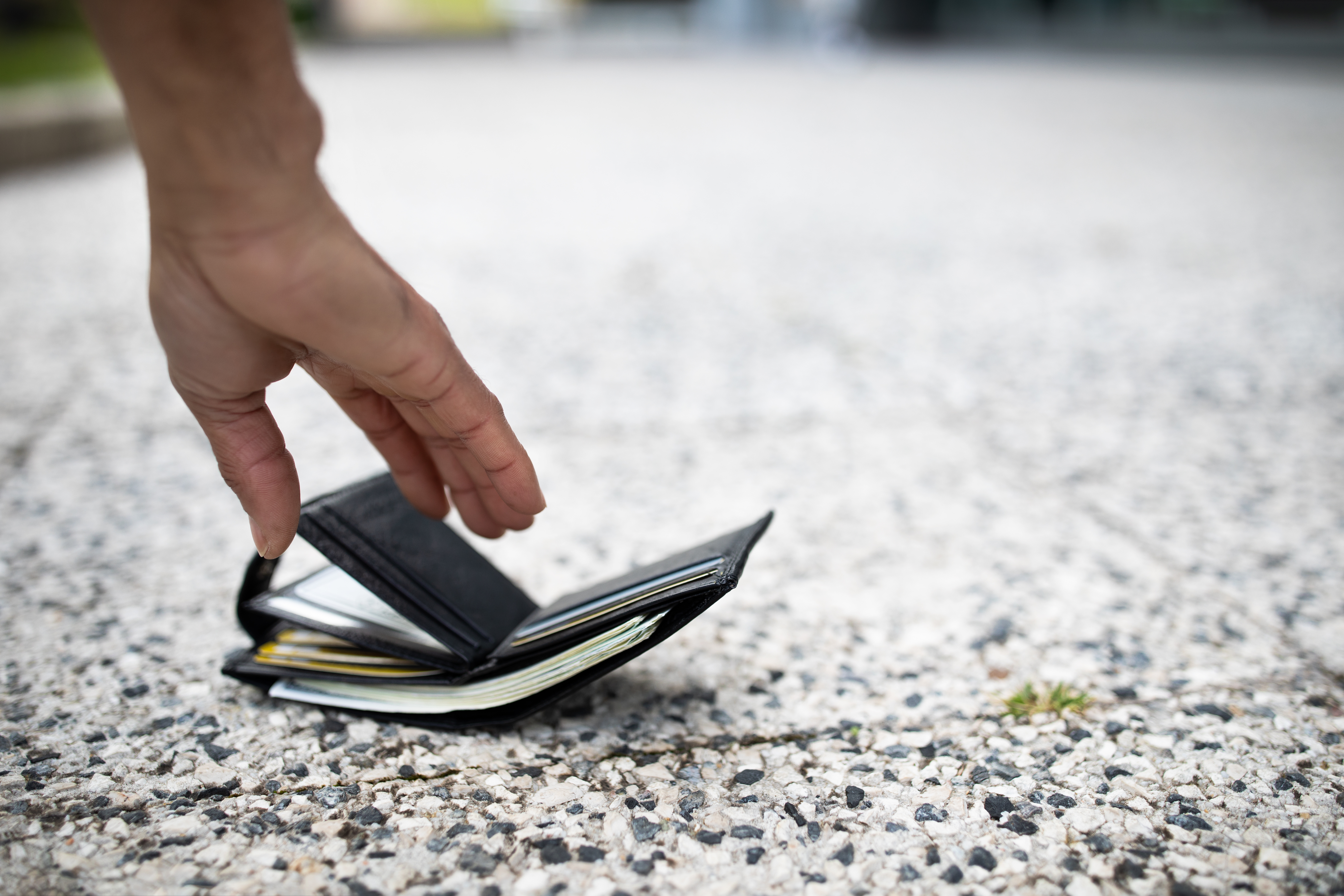
A scammer “accidentally” drops a wallet or phone in front of you and watches your reaction. If you pick it up or touch it, they accuse you of theft or damage and demand compensation—often with aggressive accomplices jumping in. How to Avoid It: If you see someone drop something, point it out but don’t touch it. Let them pick it up themselves. Trust your instincts if a scene feels rehearsed.
31. The Luggage Weight “Helper” Scam
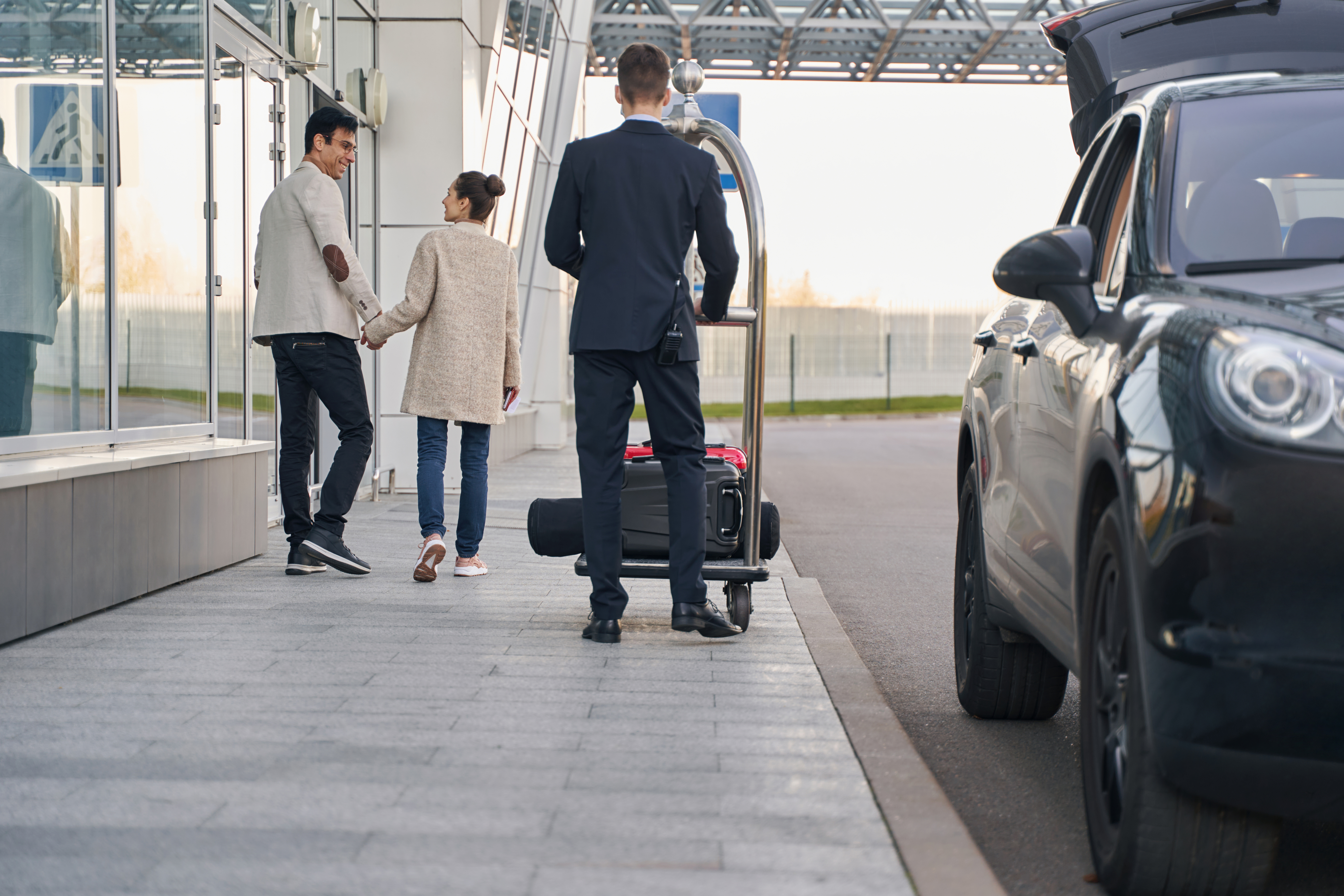
At airports, an "attendant" near the check-in counter offers to help lift your luggage onto the scale—then demands a tip or refuses to let go until you pay. In some cases, they’re not even airport staff. How to Avoid It: Politely decline help from anyone who isn’t in uniform with ID. Lift your own luggage or ask airline staff directly for assistance.
32. The Fake Ride Share Scam
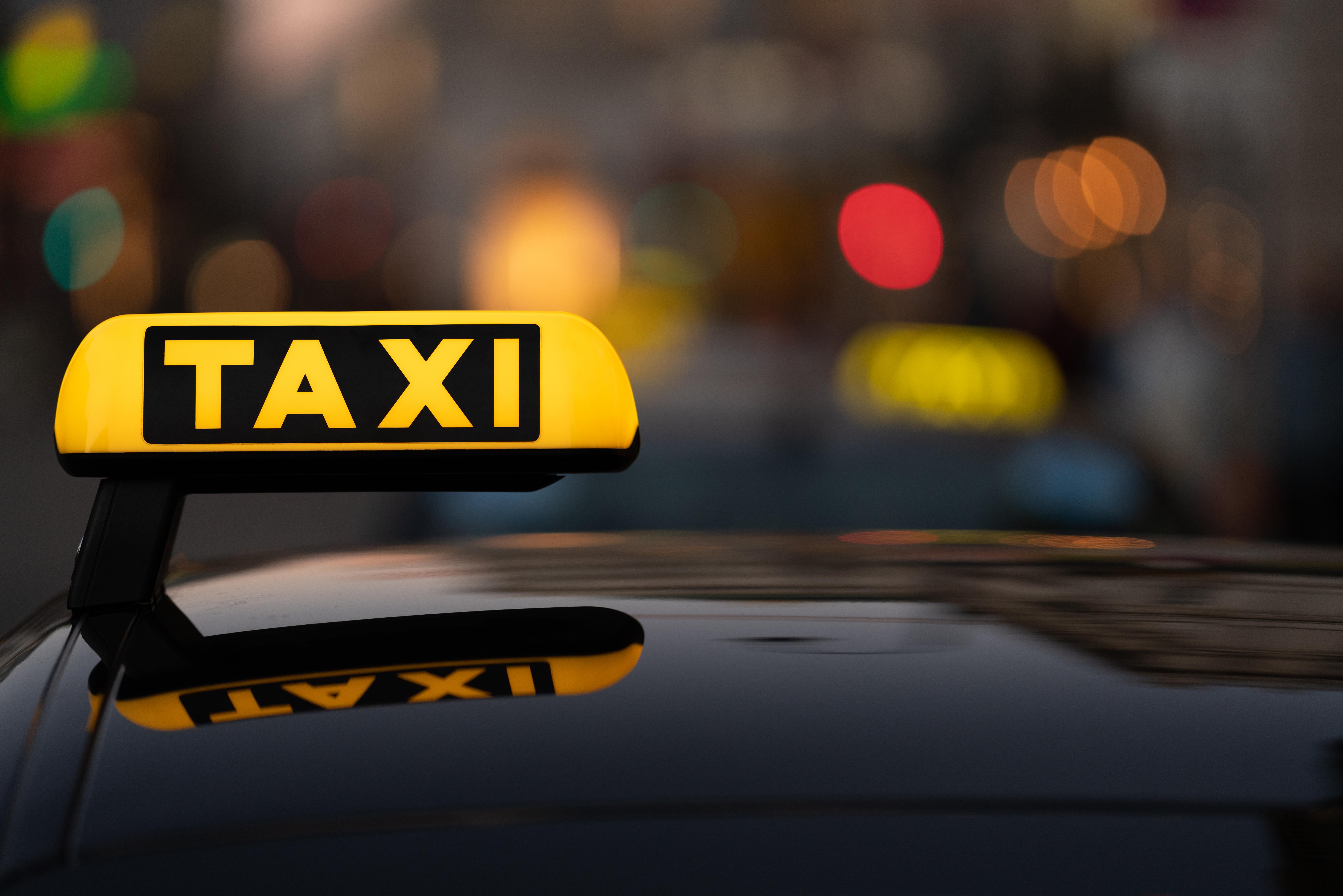
In major cities, scammers hang near rideshare pickup zones pretending to be your driver. They might call your name or show a fake app screen. Once you’re inside, they drive off and demand cash or take a longer route. How to Avoid It: Always verify your driver’s name, photo, car model and more with the app you are using.
Travel is meant to broaden your mind, not empty your wallet. But in today’s hyperconnected world, scams are evolving as fast as our bucket lists. From sleek cons in major cities to subtle traps in sleepy towns, even the savviest traveler can get blindsided. That’s why awareness—not just caution—is your strongest currency. You don’t have to walk around suspicious of every stranger, but you do need to recognize when something feels off. With the right mix of curiosity and caution, you can immerse yourself in new cultures without falling for their cons. Think of this list not as a warning, but as a toolkit—arming you with the kind of street smarts that preserve the magic of the journey. Because the best stories come from adventure, not aftermath. So go ahead—wander wide, wonder deeply, and remember: when you travel informed, you don’t just see the world. You see through it.



